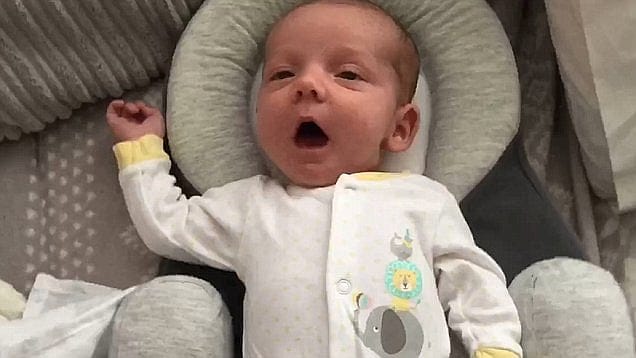R.I.P., Charlie Gard, Martyr To His Own Best Interests

An American brain surgeon who did his residency in England became friendly with his landlady when he lived there, and some years ago, as an older woman, she came to this country to stay with him and his family for several days.
While visiting here the woman, who was about 80, had some trouble breathing, so she went to a hospital. The doctors did some tests, determined she had a blockage that needed immediate treatment, and almost immediately performed multiple bypass surgery. It went well, and in a fairly short time she was breathing fine again.

